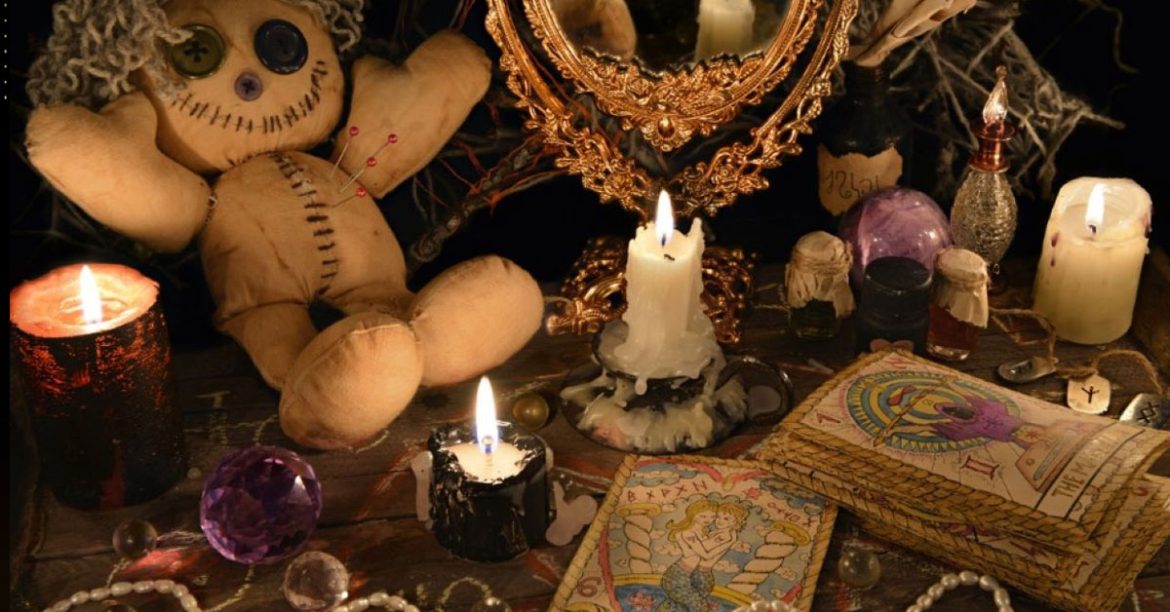- Proposed Legislation Against Black Magic: A Senate committee in Pakistan is reviewing an Anti-Black Magic Bill bill to criminalize black magic, aiming to address fraud and exploitation while introducing severe punishments for harmful practices.
- Debate Over Implementation: Advocates argue the law is necessary to protect victims, while critics caution against vague language that could lead to misuse, false accusations, or infringement on personal freedoms.
- Balanced Approach Emphasized: Experts and lawmakers recommend combining punitive measures with public awareness campaigns, strengthened law enforcement, and safeguards to prevent the misuse of the legislation.
In a move that has stirred both curiosity and debate, a Senate committee in Pakistan has taken up the review of a proposed bill aimed at criminalizing the practice of black magic.
The bill, if passed, would introduce stringent punishments for individuals engaging in occult practices, marking a significant step in addressing a controversial issue deeply rooted in cultural and social beliefs.
The proposed legislation has sparked varied reactions across the country. Advocates argue that it is necessary to protect vulnerable individuals who fall prey to exploitation by so-called practitioners of black magic.
Victims often suffer emotional, financial, and even physical harm at the hands of individuals who claim to possess supernatural powers.
Also Read:
Hajj 2025: Pakistani Women Must Obtain Spousal/Parental Consent
However, critics caution that the bill must be carefully crafted to avoid misuse. They warn that vague definitions or overly broad language could lead to false accusations or even a witch-hunt-like scenario. Concerns have also been raised about ensuring the legislation does not infringe upon personal freedoms or religious practices.
During the committee’s initial review, lawmakers discussed the cultural sensitivities surrounding the subject. Many highlighted the prevalence of fraudulent practices that prey on superstition, often targeting marginalized and less-educated communities. A Senator supporting the bill noted, “This is not just about banning black magic; it’s about curbing fraud and exploitation.”
Experts have suggested that alongside punitive measures, the government should also invest in public awareness campaigns to educate citizens about the risks of falling victim to such practices. Strengthening law enforcement to handle complaints responsibly and preventing potential misuse of the law were also emphasized.
If approved, the legislation would empower authorities to investigate and prosecute individuals involved in practices deemed harmful or deceitful. Depending on the severity of the offense, punishments under the proposed bill could range from hefty fines to imprisonment.
While the path forward for the bill remains uncertain, its review signals a growing recognition of the need to address long-standing issues tied to superstition and exploitation. The debate continues to capture public interest, with many awaiting the final verdict on how the government plans to tackle this complex and sensitive matter.
As the Senate deliberates, the question remains: Can the law strike the right balance between curbing harmful practices and respecting cultural diversity?
Share your thoughts with us in the comments below. Stay tuned to WOW360.
